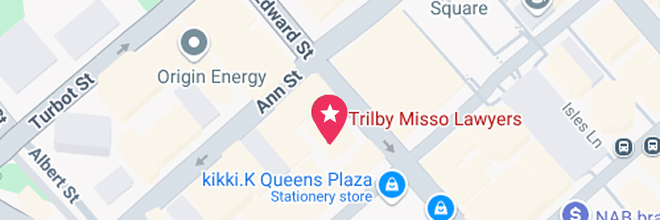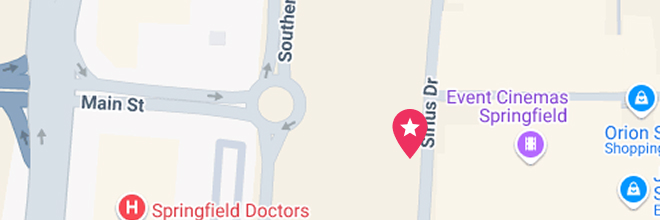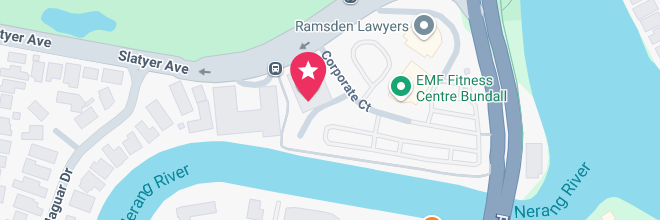Our Brisbane CBD Office
- Suite 400, Level 4/288 Edward St, Brisbane City QLD 4000
- (07) 3910 5470




Definitions of abuse vary between government departments and community service organisations; however, all definitions refer to the physical or psychological damage caused to another person or child by the abusive behaviour of others or the failure of others to protect the person or child from such damage. The word abuse is used to describe cruel or violent physical, emotional, psychological, sexual, financial and cultural acts committed to deliberately harm another person.
Other broader definitions of institutional abuse cover the use of systems and routines which neglect the person receiving care in any formal care setting. Institutional abuse is the mistreatment or neglect of an adult, by a regime or individuals, in settings where children and adults may attend frequently or reside.
Institutional abuse occurs in organisations that are considered to be responsible for the care of vulnerable individuals, in places where abuse should, and could, be prevented, such as:
Mistreatment or abuse may have been conducted by a single person or group of people such as:
Physical and psychological institutional abuse has far-reaching consequences. Victims commonly suffer life-long symptoms of trauma, which often result in severe relational and financial difficulties. As a survivor of abuse, it is safe to say that no amount of financial redress can make up for what happened to you. Still, compensation will offer validation of your experience and future financial security.
Many victims suffer silently for years and are afraid of speaking out about their experience for fear of not being believed, their case being denied/rejected, and retaliation by the perpetrator. However, remaining silent after abuse can further compound any existing emotional and psychological issues, and may exacerbate symptoms of Post-Traumatic Stress Disorder (PTSD). The thought of speaking up and telling your story may be confronting, therefore it’s crucial to find the right support, and it’s also important to realise that telling someone about your experience is the first step of the healing process.
As a highly-experienced personal injury law firm, Trilby Misso are here to help you seek justice and advocate to protect your rights. Take the first step to move forward with your life; get in touch with us to arrange a no-obligation free consultation. At the initial meeting, your lawyer will listen to your story and explain your rights and compensation entitlements which will depend on various factors such as the level of pain and suffering, physical and psychological injuries, medical expenses, need for ongoing care and employment history. We are empathetic to your situation and aim to minimise your stress and support you throughout the legal process. At Trilby Misso, we operate on a No Win-No Fee basis and don’t charge an uplift fee. Once you accept our terms and sign the agreement, we will begin building your case.
As personal injury lawyers, we are sensitive to the difficulties that survivors of abuse may experience when seeking accountability from their abusers. We work hard to ensure that you are heard and treated with respect throughout the whole legal process. However, we also understand that symptoms of injury and distress don’t simply stop once you have decided to take action; therefore, we offer specialist support services such as:
Every case is unique, and we take every step necessary to fully understand your experience and do everything we can to minimise your anxiety and stress. With a clear understanding of your situation, your lawyer will build a solid case and get you the apology and compensation that you deserve as quickly as possible to enable you to rebuild your life.
Contact us today on 1300 731 582 to arrange a FREE consultation.
Find Trilby Misso Lawyers on Facebook, Instagram and YouTube.

Kathryn is Trilby Misso’s Chief Executive Officer.
Meet KathrynUse this simple online tool and find out if you have a claim in less than thirty seconds. You can choose to remain anonymous.
Your next step is a small one. All you need to do is give us a call on 07 3910 5470 or complete this form here to arrange a quick chat.
During this initial conversation, we will:

We understand that taking legal action can be stressful, and we’ll do all we can to ease your concerns.
The chat can take place at our place, your place, or by phone. There is no cost, no pressure, and no obligation.
Call 07 3910 5470 or fill out this form, and we’ll get back to you within 2 hours (during business hours). We look forward to meeting you.
enquire now